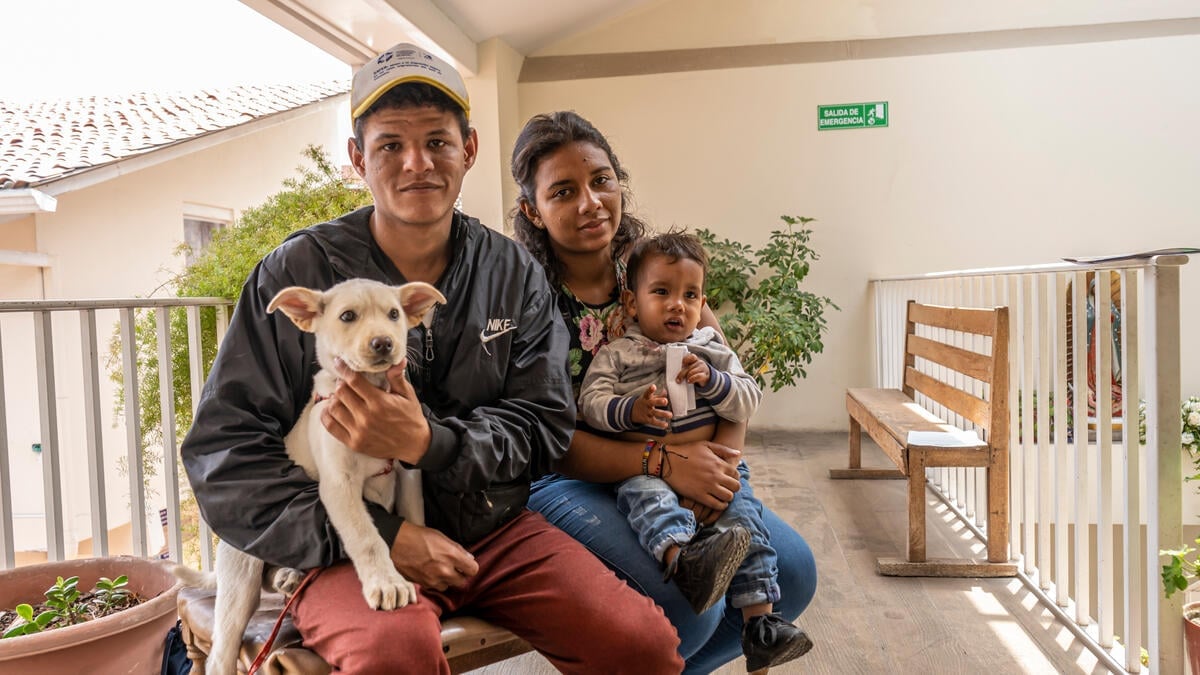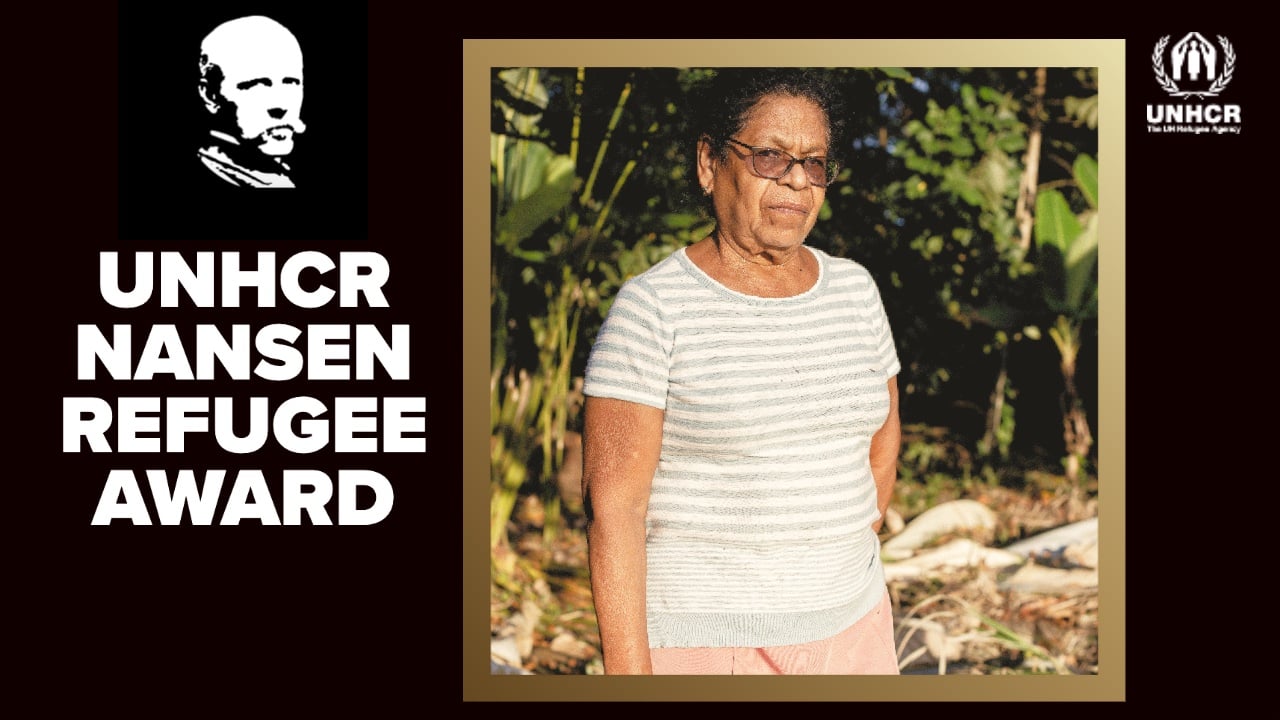Integration in Albania: No longer a pipe dream
Integration in Albania: No longer a pipe dream

TIRANA, Albania (UNHCR) - Abedin is buzzing with excitement. A well-known beekeeper in his native Kosovo, he can't wait to complete his training so that he can be a plumber in his adopted home, Albania.
"There is no better way to measure integration than employment," says the 33-year-old asylum seeker. "And as long as I live in Albania and have a family to feed, I have to try my best."
Abedin was among the first wave of some 450,000 Kosovo Albanians who fled to Albania in March 1999. Most of them returned to Kosovo after Serb forces left the province in the summer of 1999, leaving only 500 behind in Albania. In 2002, this number decreased to some 120 persons due to return and resettlement assistance from the UN refugee agency.
In April last year, the Albanian government revoked the temporary protection status granted to all Kosovar refugees in 1999. Some requested asylum in Albania individually because they could not return for fear of persecution.
Today, Albania still hosts some 100 refugees and asylum seekers from Kosovo. Several of them belong to minorities like the Roma, whose situation in Kosovo is still precarious according to a recent report by UNHCR and the Organisation for Security and Co-operation in Europe (OSCE) in Kosovo.
Abedin is one of them. He has lived in Albania with his family for four years, and does not plan to return to Kosovo in a near future.
"It is easy to win a war, but very difficult to win the peace at home," he says, determined to settle down in Albania. Although he does not have his own house or the social and economic contacts that locals have, his family's knowledge of the local language makes their integration in Albania easier.
While asylum seekers like Abedin await a decision on their asylum claim, UNHCR helps to cover their basic needs of housing, food, health care and education. This long period of continued assistance has created an attitude of dependency and reduced the drive for self-help.
Albania has a high unemployment rate and economic development is limited to a few sectors, so professional and specialised skills are essential to make a living in otherwise difficult circumstances. As such, the refugee agency has initiated a six-month pilot project of vocational training. Many refugees and asylum seekers jumped on the chance to learn a profitable profession as a crucial first step towards successful integration in Albania.
Three main courses are offered for those who are keen to work as plumbers, electricians or auto mechanics. Locally-recruited professional trainers provide basic theoretical training and professional skills to the refugees in daily lessons. Theory is put into practice through job placement in construction sites, or on-the-job training in car service workshops.
At the end of the training courses, UNHCR will provide refugees with toolkits. Together with its implementing partners, the refugee agency will help them to find employment. Abedin started his plumbing training in January and is looking forward to having a marketable skill when he graduates in June.
In another boost to refugee integration, the Albanian Council of Ministers recently approved the Law on the Integration of Foreigners Granted Asylum in the Republic of Albania, and passed it for approval by the Parliament. This law will provide the legal basis for the integration of refugees who have been granted the protection of the Albanian state.
By Marjola Xhunga
UNHCR Albania









